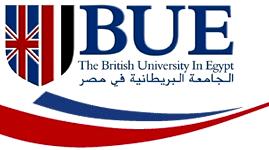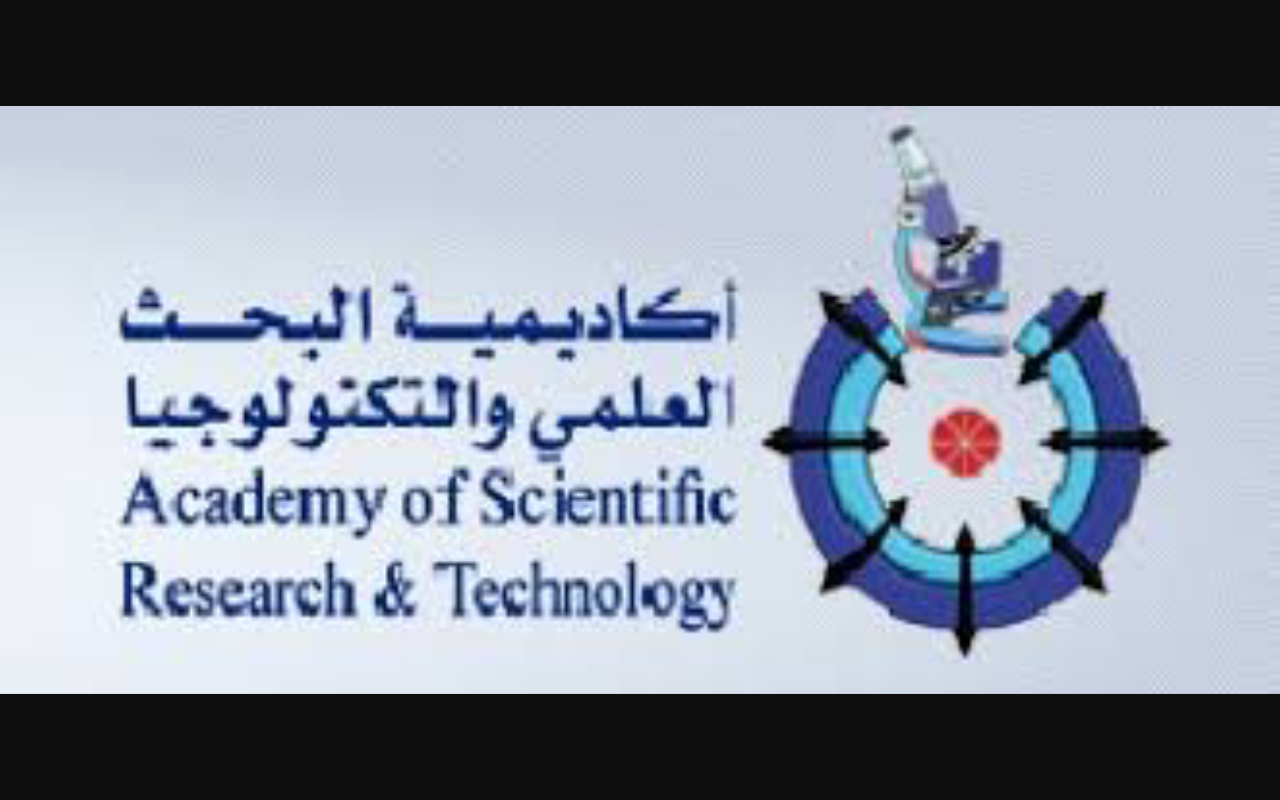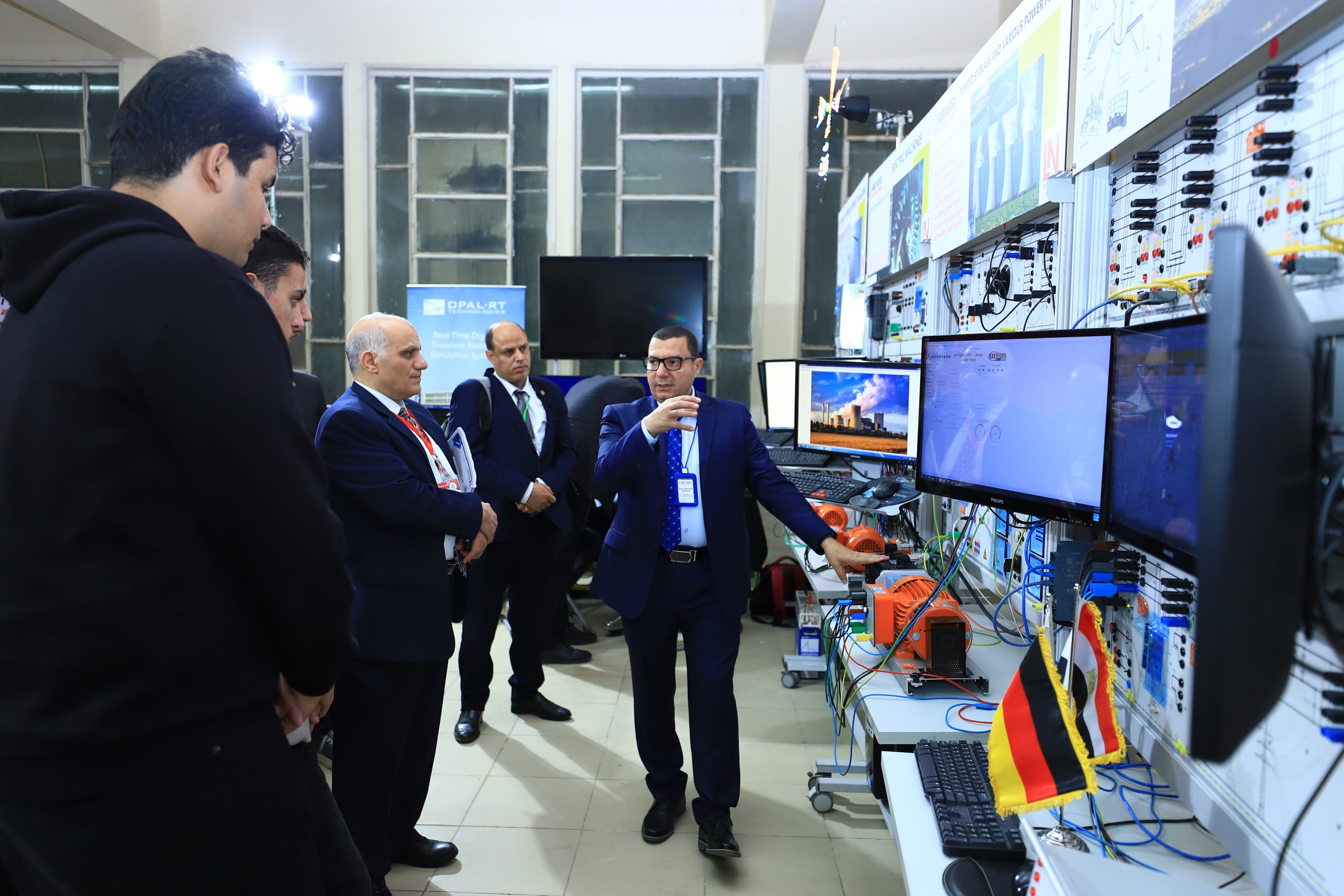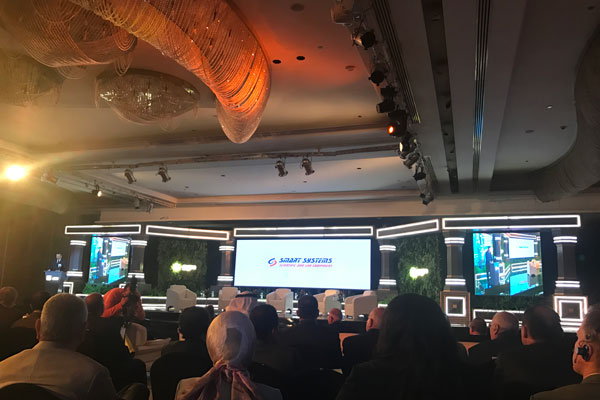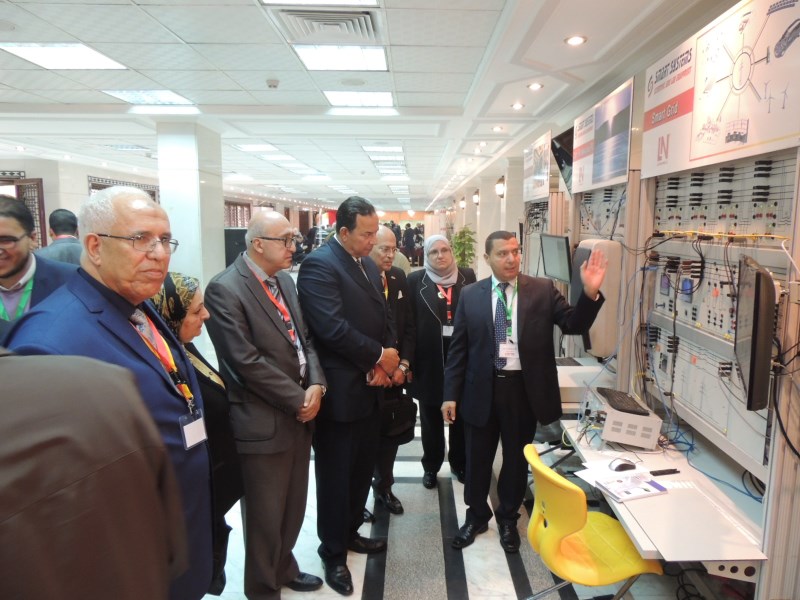Refrigeration and Air-Conditioning Technology
Refrigeration and Air-Conditioning Technology
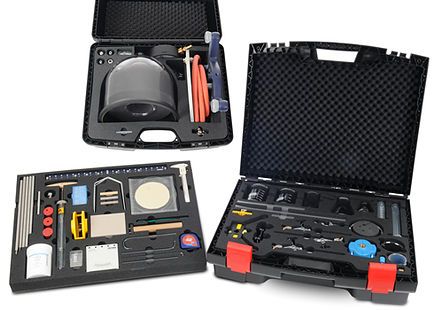
Heat cycles in refrigerators, pressure-temperature responses and transfer of energy are all physical and thermodynamic processes. This means that understanding the roots of how to work in refrigeration requires an understanding of the fundamentals of thermodynamics.
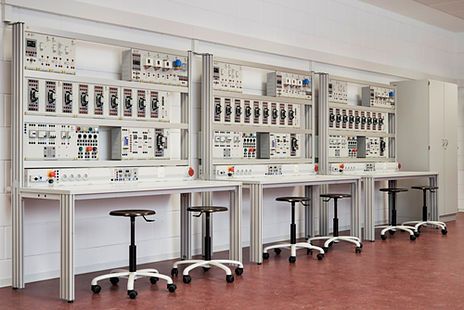
This set is designed for training in the fundamentals of process control systems for refrigeration and air-conditioning systems. Trainees, student professionals and technicians from refrigeration and air-conditioning companies with training related to their profession are guided step by step through open- and closed-loop control techniques as used in refrigeration and air-conditioning and acquire a high-quality grounding for their work in the future. The combination of theory and practice ensures they get solid training.
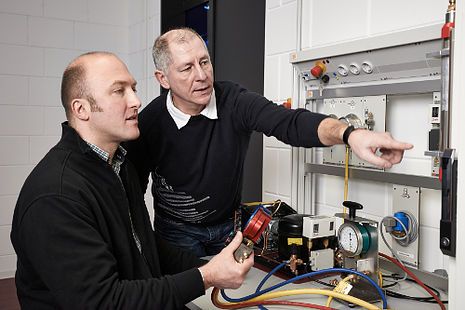
This modular refrigeration training system allows trainees to gain extensive experience of the materials used in refrigeration systems. The training focus of this module is to observe the refrigeration circuit itself. Rather than teaching professional skills as such, its objective is more to gain an understanding for the technology and the function of the components. Various applications, valves and other components of a refrigeration circuit are investigated by means of an authentic cold storage cell under a variety of conditions. The key aspects include how the quantity of refrigerant, the ambient temperature or faults with certain components affect the system. In addition, training is provided in the environmentally conscious handling of refrigerant when filling or emptying the system.
Split-system air conditioners are used nowadays for many applications. Whether air conditioning for human comfort in private homes or commercial buildings or also for cooling small server rooms, it is common to see split-system air conditioners used.
Due to the increasing demand for such systems, demand for fitters to install, commission, maintain, troubleshoot and also to dismantle and properly recycle them is similarly rising.
Lucas-Nülle can now offer the ideal system for efficient, professional training in split-system air conditioners.Lucas-Nülle can now offer the ideal system for efficient, professional training in split-system air conditioners.
The refrigeration workshop goes beyond the modular refrigeration training system and allows you to foster the practical skills of your trainees. It covers the topics of refrigeration and of electrical engineering. Participants in the course are guided step by step through refrigeration technology and acquire a high-quality grounding for their work in the future. Installation of coolant piping is only one of the many skills which can be learned with the help of the refrigeration workshop.
The manual skills necessary for working in the refrigeration workshop should be taught in the mechanical workshop. All of the skills, starting with the basics of working metal materials with files and saws up to fabricating smaller workpieces with soldered and crimped connections, can be taught in the mechanical systems workshop. A possible final exercise here could be constructing workpieces involving pressure switches and electrical wiring.
The RMW1 equipment package includes work benches and furniture for the workshop. The workshop should be equipped with a supply of gas for soldering work and leak testing beforehand.
The equipment package does not contain any soldering accessories or soldering consumables, however.
An extraction system for removing soldering gases must be provided for on site too. Lucas-Nülle can put you in contact with one of our partner companies to help you with this.
The tool sets for refrigeration technology are based on the curriculum and assembled in cooperation with various teaching establishments and with the family firm ELORA-Werkzeuge, which has been making versatile hand tools entirely in Germany since 1924. The sets therefore reflect the tools that students will really use in their careers as refrigeration technicians.
The tools are precisely matched to the laboratory and workshop equipment. This means that tools are immediately ready to hand during lessons. Every tool has its own place in the inlays which match the dimensions of all the drawers along with a label describing its own dimensions.
The tool sets supplement Lucas-Nülle’s laboratory and workshop equipment and make it possible to obtain all the necessary equipment from a single source with every component complementing the others perfectly.

